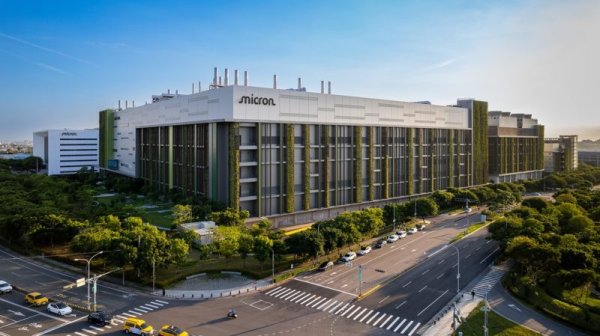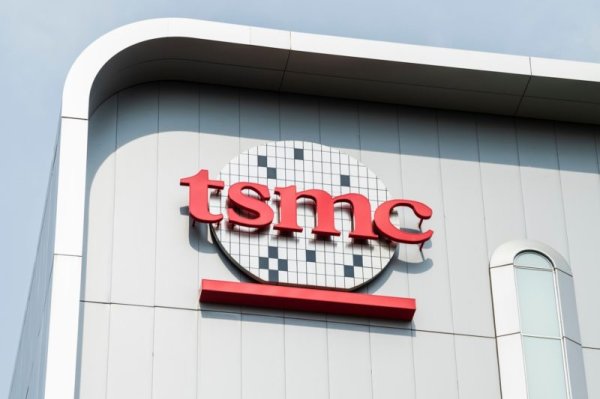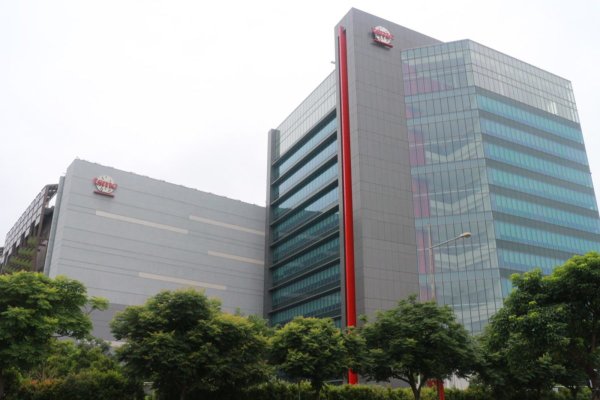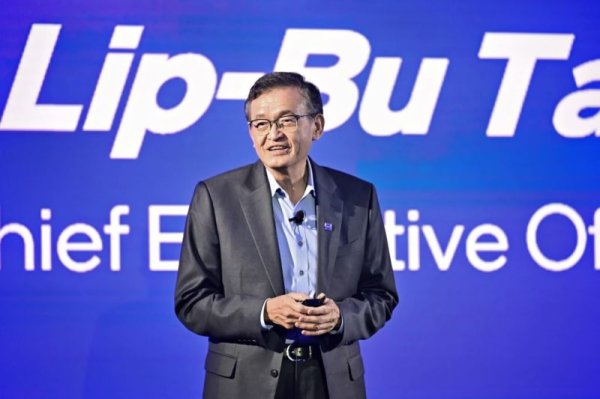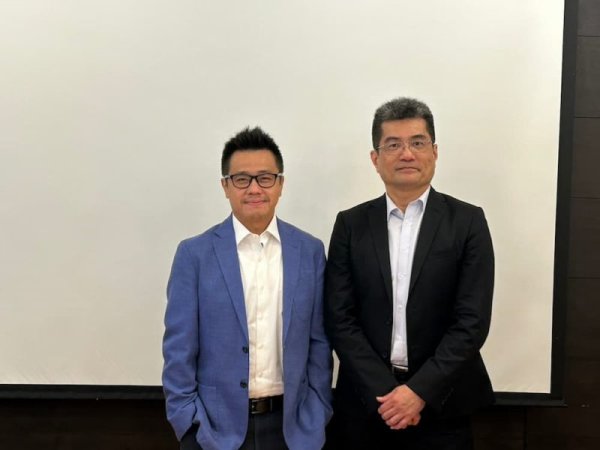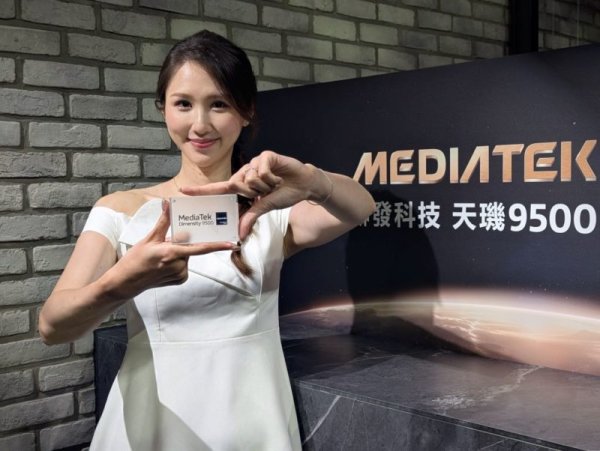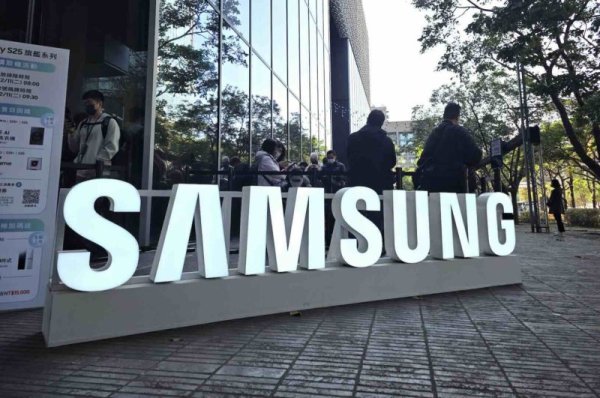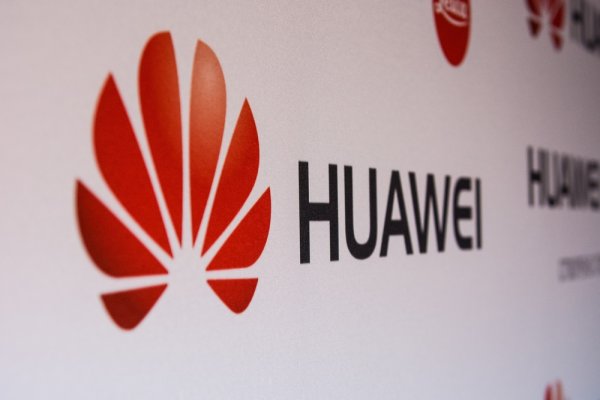Taiwanese factories no longer want to rely on foreign investors? The key turning point of "localization" of semiconductor materials is exposed

Materials are becoming the next focus of competition in the semiconductor industry. Taiwanese companies are rushing to challenge the market that has been dominated by foreign companies for many years, looking for opportunities to break through.
Taiwan’s semiconductor material factories are following TSMC’s footsteps and knocking on the door to core advanced manufacturing processes.
The "10th Finished Materials Industry Forum" held on the campus of National Cheng Kung University in Tainan on November 7 focused on semiconductor materials. Industry benchmark manufacturers such as Zhisheng, which produces polishing pads for CMP (chemical mechanical polishing) processes, new applications of photoresist peripheral materials, hydrofluoric acid (HF) major Qiaoli Chemical and ALD (atomic layer deposition) precursor company Yukawa Precision, etc., were invited to share technological progress.
The eye-catching slogan "A single tree does not make a forest, but a group of heroes from the Holy Mountain Materials" was used at the venue to describe the importance of material factories to the semiconductor industry. Leading wafer manufacturing and equipment materials companies, including TSMC, UMC, Applied Materials, Marriott, and Macronix, also sent senior executives to attend the meeting, which shows that they attach great importance to this forum.
▲ Yang Weiwen, president of National Cheng Kung University Materials Department Alumni Association, reviewed the theme changes of the Chengdu Materials Forum over the past 10 years, "It can be said that we have witnessed the transformation and upgrading of Taiwan's industry along the way."
Dilemma>U.S., Japanese and German giants oligopolize the marketMaterials have always been known as the "mother of industry" and are also the most basic but indispensable part of the wafer foundry process.
However, the global semiconductor materials market has long been dominated by giants such as American DuPont, Japanese company Resonac and Shin-Etsu Chemical, and German company BASF, which have controlled key technologies and supplies, while Taiwanese companies have almost no say.
Take the photoresist liquid used in advanced manufacturing processes as an example. Japanese companies account for more than 80% of the global market. Even if Taiwanese companies work hard to send samples, it is difficult to break into the supply chain.
Zhan Wenxiong, chairman of New Applied Materials, recalled that the company was invited by the wafer factory to develop photoresist liquid in the past, and the product passed certification, but in the end "it was still not sold, and it didn't make a dime," and it did not receive any R&D subsidies afterwards. According to industry analysts, semiconductor materials are related to product yield, and price is not the main consideration. Therefore, in the past, most chemical plants in Taiwan mainly produced bulk chemical raw materials, and there were very few companies that could sell specialty chemicals into wafer fabs.
The long-term disadvantage of Taiwanese manufacturers has an opportunity for reversal after TSMC’s advanced process technology officially surpassed Intel and Samsung in 2018.
"In the past, when foreign material manufacturers did business with TSMC, they would only say, 'Intel uses this material, so just use it.'" Zhan Wenxiong recalled with a smile. However, as TSMC takes the lead in technology, the existing materials in the market are gradually unable to meet demand, and foreign companies are unwilling to expand production or customize products for a single company, prompting TSMC to seriously consider supporting local suppliers in Taiwan.
In addition to TSMC’s technological breakthroughs, the ESG wave and the demand for local supply chain resilience under the US-China trade war have also given Taiwan materials factories a chance to truly penetrate the core manufacturing process.
"At that time, some Taiwanese chemical plants learned of the situation in advance and immediately expanded their production in Taiwan by 3 to 5 times, because they judged that foreign suppliers could not keep up with TSMC's production expansion speed." Yu Zhiyuan, general manager of Nengli Asia Capital, who has invested in TSMC's material supply chain such as Shangpin and Yuchuan, pointed out.
Even if the external environment is favorable, it is not easy to enter TSMC's supply chain, which has extremely high material requirements.
Further reading: The U.S. adds uranium, copper and silicon to the list of critical minerals, naming gallium supply risks as high The U.S. government invests in rare earth companies to reduce dependence on Chinese supply sources The U.S.-China truce continues: The battle to decouple semiconductor technology and raw materials is heating up The Holy Grail of Superconducting Semiconductors Realized! Scientists create superconducting germanium for the first time

